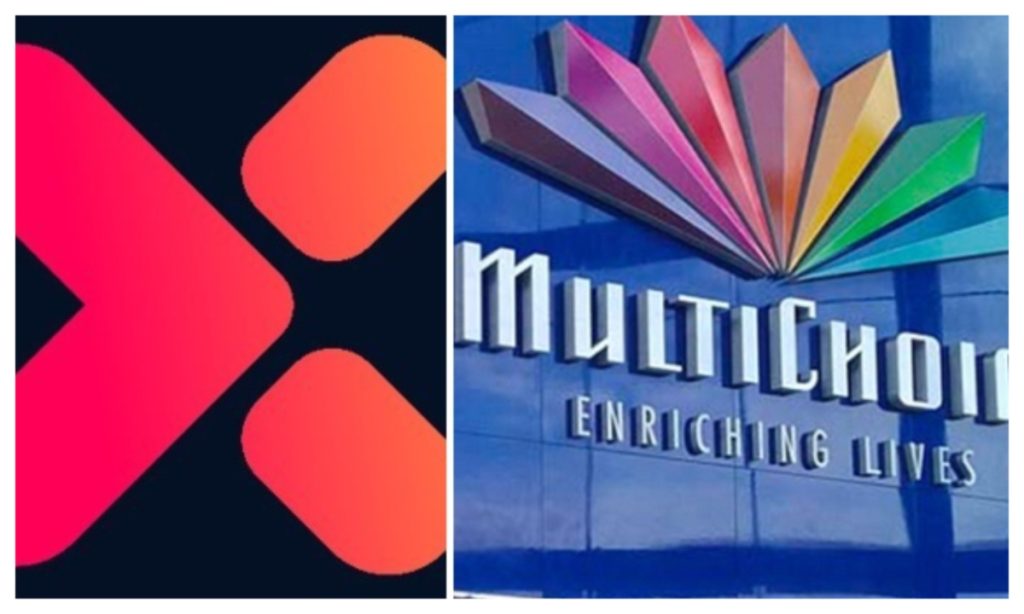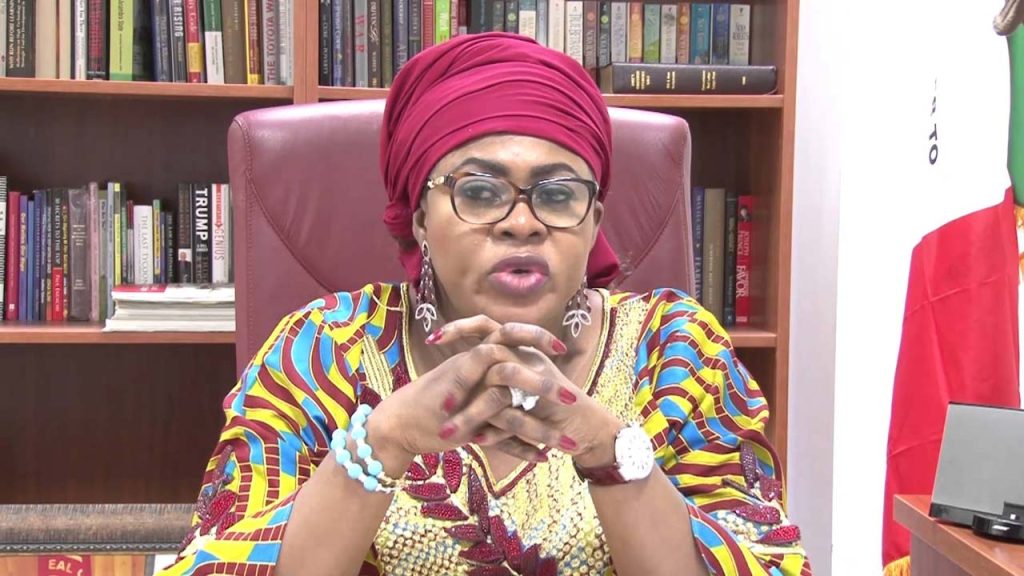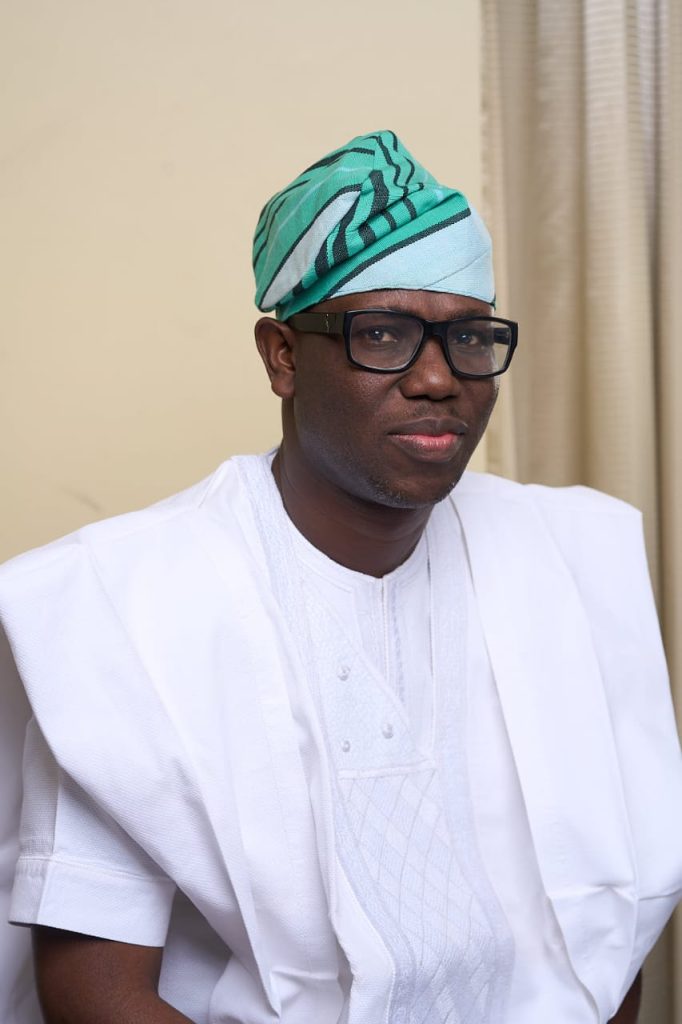Nigerian opposition party leaders have rallied behind interim chairperson Senator Nenadi Usman, endorsing her leadership during a pivotal virtual meeting aimed at stabilizing the Labour Party (LP) amid evolving political dynamics. The gathering, confirmed in an official statement by Usman’s Senior Special Adviser on Media, Ken Eluma Asogwa, saw stakeholders unanimously commending her stewardship and pledging to reinforce democratic values within the party and the nation.
Held amid efforts to address internal and external challenges, the meeting drew participation from high-profile figures, including Peter Obi, the LP’s 2023 presidential candidate, and Abia State Governor Alex Otti. Other attendees included interim National Secretary Darlington Nwokocha and Gbadebo Rhodes-Vivour, who contested Lagos State’s governorship under the party’s banner last year. Asogwa emphasized the assembly’s focus on “strengthening democratic institutions” and sustaining Nigeria’s democratic framework, signaling a push for unity and institutional resilience.
The vote of confidence in Usman reflects an attempt to consolidate leadership as the LP navigates a shifting political environment. The statement highlighted the party’s renewed dedication to “internal cohesion” and “national development,” underscoring its intent to position itself as a unified force ahead of future electoral cycles. While specific details of recent internal developments were not disclosed, the emphasis on democratic consolidation suggests efforts to address factional tensions and rebuild public trust.
Obi’s presence at the meeting holds symbolic weight, given his prominence as a key opposition figure in the 2023 elections. His alignment with the interim leadership signals a strategic move to maintain cohesion within the party’s ranks. Similarly, Otti’s participation—as the sole Labour Party governor—adds regional clout, reinforcing the party’s aspirations to expand its influence beyond its traditional strongholds.
The virtual format of the meeting, hosted from the southeastern Nigerian city of Awka, enabled broad participation amid Nigeria’s logistical and security challenges. Analysts view the outcome as a bid to project stability following months of speculation about the party’s direction. While the LP remains a minority force nationally, its focus on institutional reform and grassroots mobilization could shape its trajectory in Nigeria’s competitive political arena. As the nation approaches the 2027 electoral season, the Labour Party’s ability to unify its base and articulate a clear agenda may determine its capacity to challenge dominant parties.



